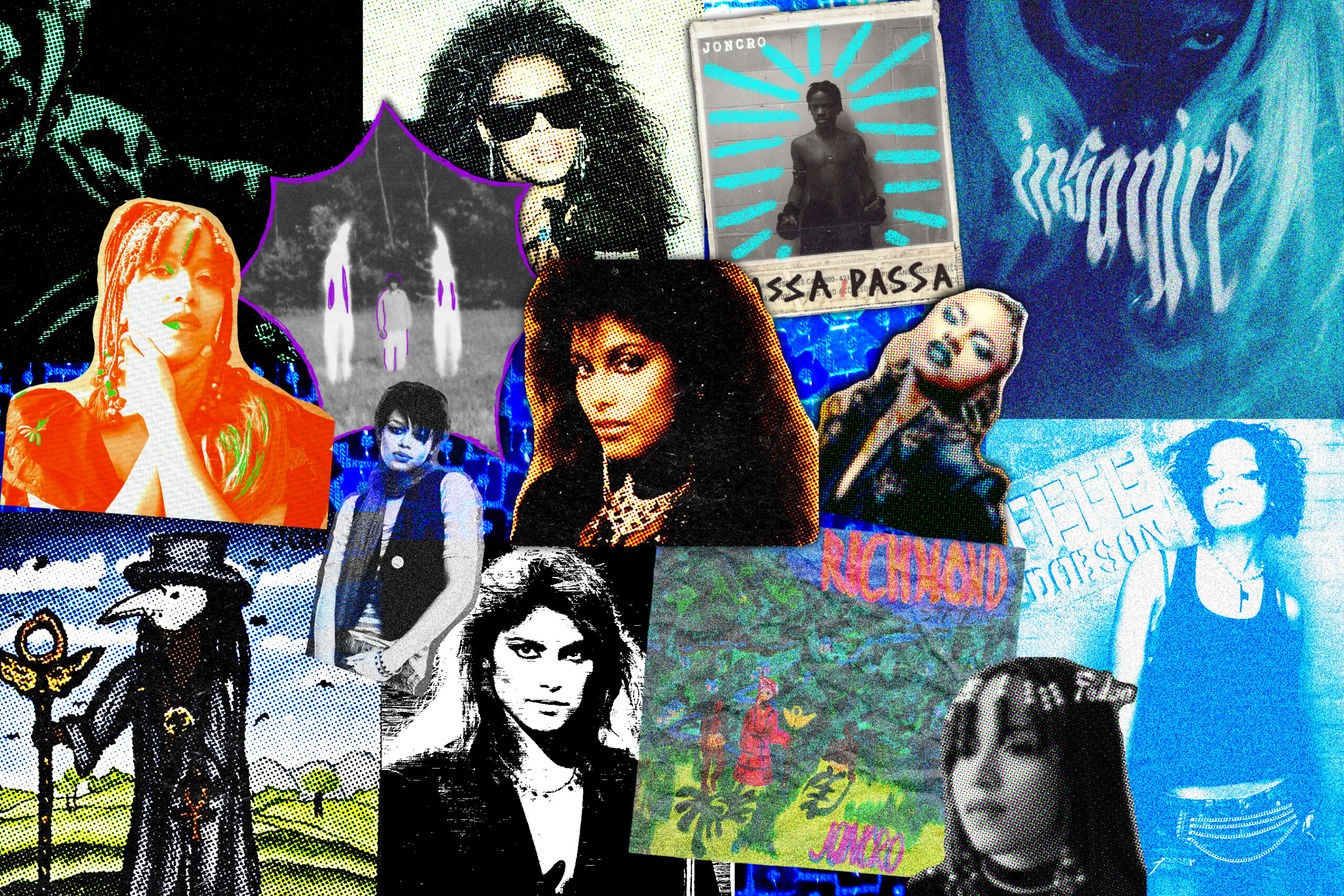By Madi Wong
Whether it is behind the scenes at a high-end recording studio or at home using nothing but an iPhone, podcasters have brought audio storytelling to life.
Podcasts have become increasingly common and popular in Canada due to the endless amounts of creativity that can go behind each episode using only audio, as well as the variety of genres and topics that podcasts can be about.
This month, Hot Docs hosted its third-annual Hot Docs Podcast Festival, bringing together podcasters from chart-topping shows to interact with a live audience.
Alan Black, managing director of Hot Docs cinema, said that the festival works wonderfully because people come together to talk about the craft of podcasts.
“They get to engage with audiences that they don’t usually get to normally. Also, Canadian podcasters get to be introduced to international podcasters,” said Black.
Having phones and other mobile devices have allowed people to access content wherever and whenever they want.
Black said that this is beneficial when it comes to podcasts because being able to plug in headphones while on the streetcar or cooking dinner can offer a great opportunity to feed into great story podcasts.
“I think audio content is very personal in a way other mediums aren’t. The audio is being piped right into your brain and there’s this deep connection of what you’re listening to. And some hosts you even feel connected to,” he explained.
As opposed to visual content such as TV shows and documentaries, having audio as the prime and sole element in podcasts gives creators a challenge in making their show stand out.
During an NPR and CBC Original Podcasts in Conversation panel at Hot Docs, podcast executives discussed the stories and skills needed to build an audience.
Leslie Merklinger, head of CBC Podcasts said that podcasters should “entertain but should also look for other layers of value to engage audiences.”
For instance, Merklinger mentioned how podcast stories of humanity can captivate listeners. Capturing both their attention to follow the podcast and their emotions can engage audiences in ways aside from general entertainment.
Audio can be seen as participatory to audiences since they are forced to imagine the visual content that podcasts do not supply.
Listeners are able to be a part of the storytelling process in a sense by imagining what a person looks like and the scenery of where interviews are taking place in podcast shows.
“What makes them special is that they find stories that are relatable and find ways to connect their audience no matter the subject,” said Black.
In addition to fans and listeners, podcasters on the rise and those with an interest in entering the field also attended the festival.
In fact, this year Hot Docs introduced a Creators Forum in which industry professionals hosted roundtable discussions and workshops.
These enabled those who are interested in entering the field to seek advice and tips, as well as guide those who wish to host their own show one day.
Luke Peters is a content creator and recent graduate from Ryerson University’s Media Production program.
After trying to build his own podcast for a while, Peters recently founded one, titled ‘Instant Cult Classic.’
Since starting his audio storytelling journey, Peters said that he wanted to seek knowledge from professionals in order to gain some direction.
“The big thing with the crutch of podcasts and success of podcasts is that you’re really limited to just audio,” he said.
“You can share and do the story in the comfort of your home and you can fill in all the other aspects. You have so much more at your disposal because you have the entire imagination of your viewers,” said Peters.
Peters’ newest project in the works is called, ‘I Don’t Deserve a Podcast.’
“(It is) under the pretense of ‘I just have a degree and nothing else, I’m open to learn’ and basically the end goal would be me getting to a point where I do deserve a podcast,” said Peters.
The way in which podcasts are able to depict emotion, spark imagination and appeal to listeners around the country are main reasons why existing and upcoming podcasts are popular in Canada.
Despite having only the element of audio to work with, podcasts have proved to be a unique way of crafting stories for all audiences.
Check out this video of the event by Madi Wong:
-

Breaking the sound barrier: Six Black Canadian artists reclaiming the alternative scene
-

Pen for Justice: Rectifying the judicial system
-

‘Sucker Punch’: Scaachi Koul talks heartache and identity at Toronto book launch
-

Tariffs and the publishing squeeze: Are smaller presses at greater risk?
-
Statement — ‘After Dark’ Print Issue

